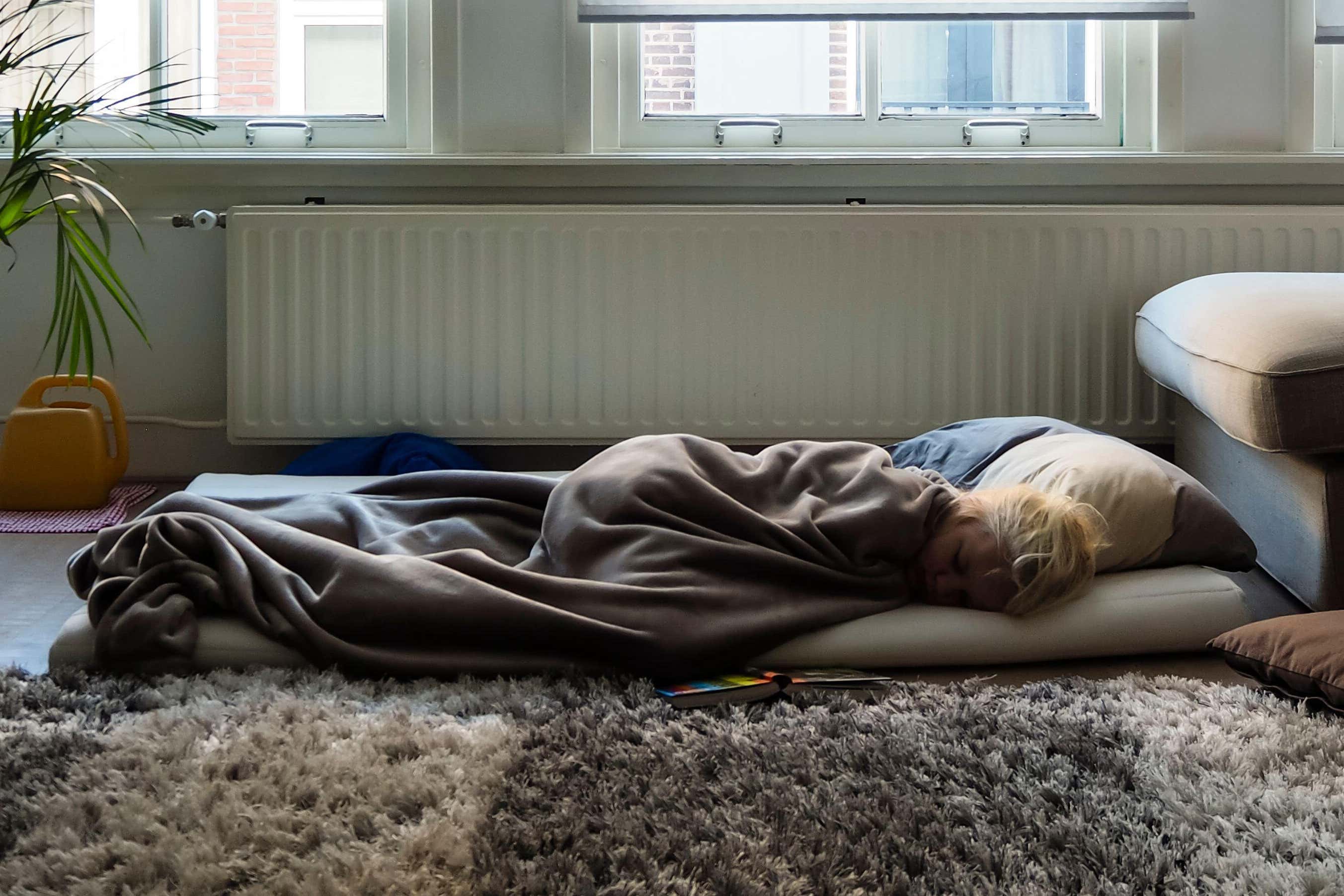UK’s cost-of-living crisis has children sleeping on floor due to ‘bed poverty’, says charity
Barnardo’s children’s charity says unacceptable to have such a situation in country as rich as UK

Your support helps us to tell the story
From reproductive rights to climate change to Big Tech, The Independent is on the ground when the story is developing. Whether it's investigating the financials of Elon Musk's pro-Trump PAC or producing our latest documentary, 'The A Word', which shines a light on the American women fighting for reproductive rights, we know how important it is to parse out the facts from the messaging.
At such a critical moment in US history, we need reporters on the ground. Your donation allows us to keep sending journalists to speak to both sides of the story.
The Independent is trusted by Americans across the entire political spectrum. And unlike many other quality news outlets, we choose not to lock Americans out of our reporting and analysis with paywalls. We believe quality journalism should be available to everyone, paid for by those who can afford it.
Your support makes all the difference.The cost-of-living crisis has led to “bed poverty” where children in the UK end up sleeping on old mattresses on the floor because families are having to prioritise money for food and heating, a charity has said.
Barnardo’s said as many as 6 per cent of children surveyed said they were sleeping on the floor due to not having a bed of their own in the past 12 months.
The charity said things like replacing mouldy bedding or fixing a rotten or broken bed are falling further down the list on family budgets as parents struggle to afford the essentials.
The YouGov survey commissioned by Barnardo’s also found that of the 1,013 children aged between eight and 17 in Great Britain who took part, around one in 10 (9 per cent) said they had shared a bed with another member of their family because they did not have a bed of their own.
The research also saw 1,049 parents of children under 18 surveyed, and one in 12 parents (8 per cent) said their children were “tired all of the time” due to not having their own bed.
Barnardo’s chief executive, Lynn Perry, said the 6 per cent figure equates to “at least one child in every classroom” sleeping on the floor because they do not have a bed of their own, something she branded “unacceptable” in a country as rich as the UK.
The online surveys carried out in August are of people in Great Britain only, and have been weighted and are representative, the charity said.
The charity took the survey results and, assuming the situation would be similar in Northern Ireland, applied the findings to come up with estimates across the UK based on Office for National Statistics population figures.
Barnardo’s said this meant there could be around 700,000 children sharing beds and more than 400,000 children sleeping on the floor across the UK because they do not have a bed of their own.
The charity said the estimates are borne out in its experience on the frontline, having helped 7,200 families to buy beds, mattresses, duvets, blankets and sheets between October 2022 and September 2023.
Bed poverty is just one aspect of child poverty, yet it starkly illustrates the challenges faced by families not having enough money to afford the essentials needed to raise happy and healthy children
A recent survey of 100 of its frontline staff also saw countless examples given of families unable to afford to replace or repair broken beds, sharing beds, sleeping on the floor or a sofa and using broken or dirty mattresses.
The charity said staff had also heard from families using inadequate bedding which did not provide enough warmth in cold weather or bedding which was dirty, mouldy or soiled, including cots.
Ms Perry said: “Bed poverty is just one aspect of child poverty, yet it starkly illustrates the challenges faced by families not having enough money to afford the essentials needed to raise happy and healthy children.
“Families in crisis are having to prioritise essentials such as food, heating and electricity over things like replacing mouldy bedding or fixing a rotten or broken bed. Children are sharing beds and sleeping on the floor, all of which is affecting their development, attendance at school and their mental health.
“The government must take urgent action to address these deep-rooted issues.”
A government spokesperson said: “We know people are struggling with rising prices, which is why we are providing record financial support worth around £3,300 per household and driving down inflation to make everyone’s money go further.
“On top of this we are supporting families with food, clothing and other essential costs like beds through the Household Support Fund and have raised benefits and pensions by over 10 per cent.”


